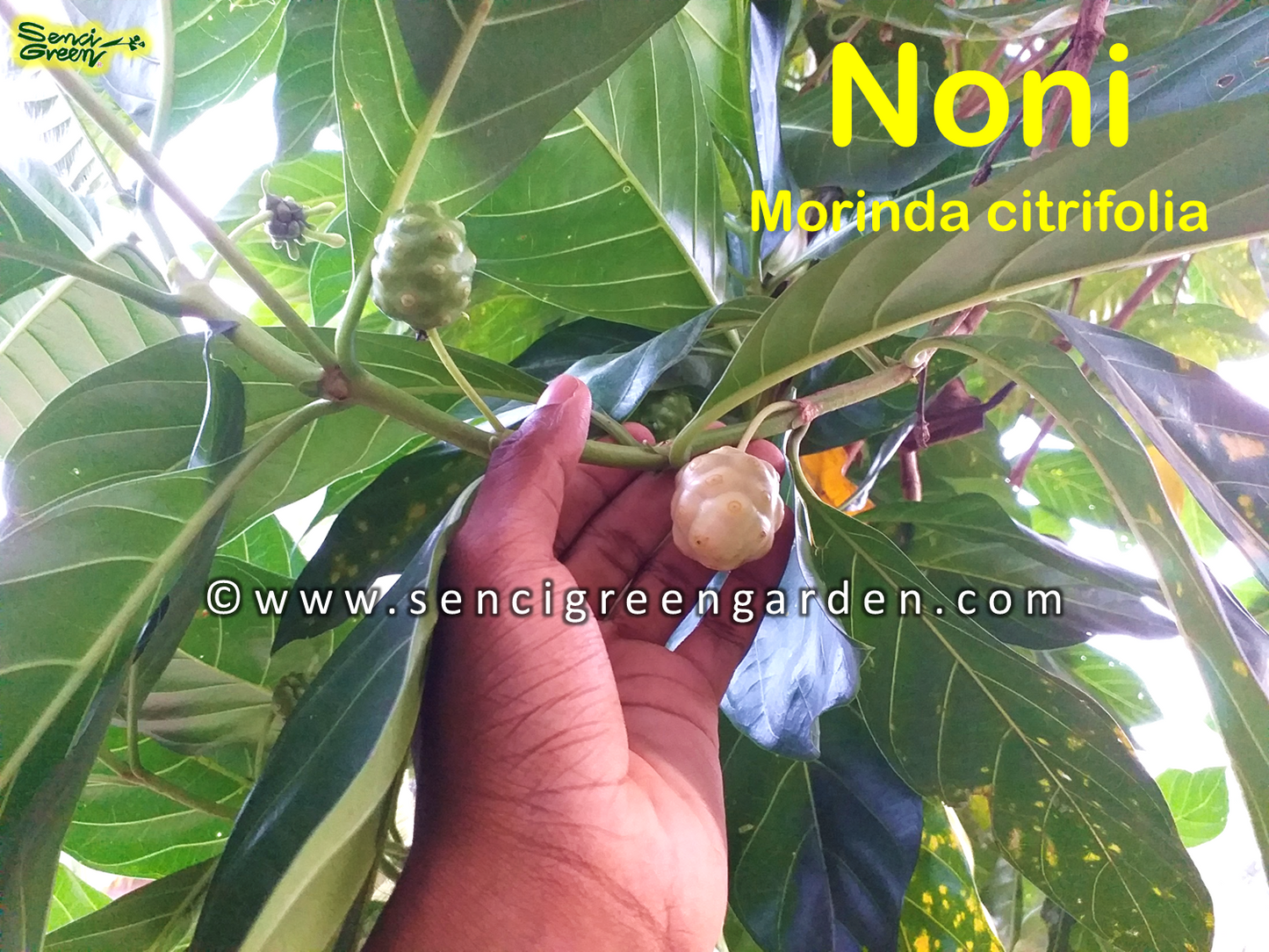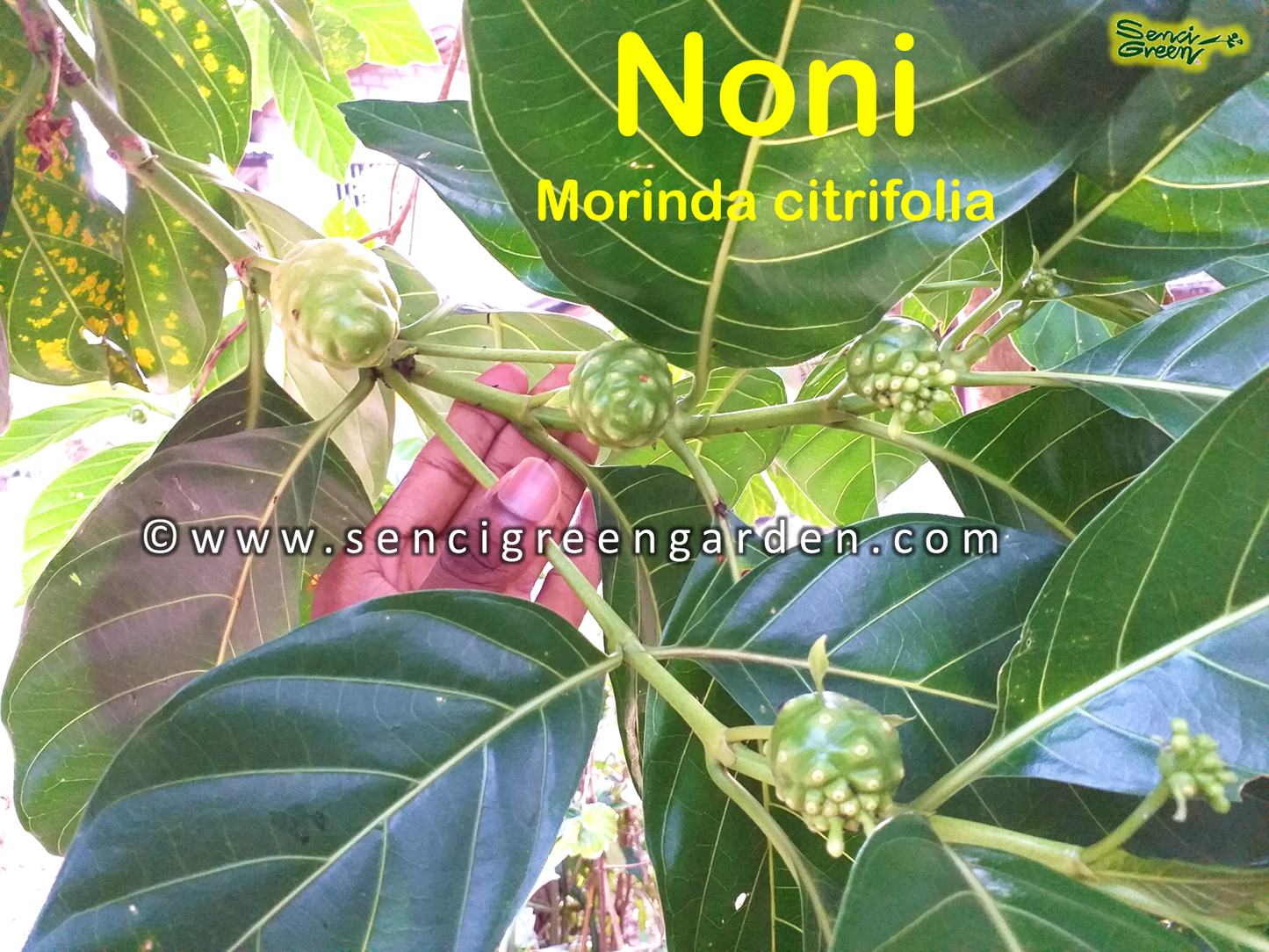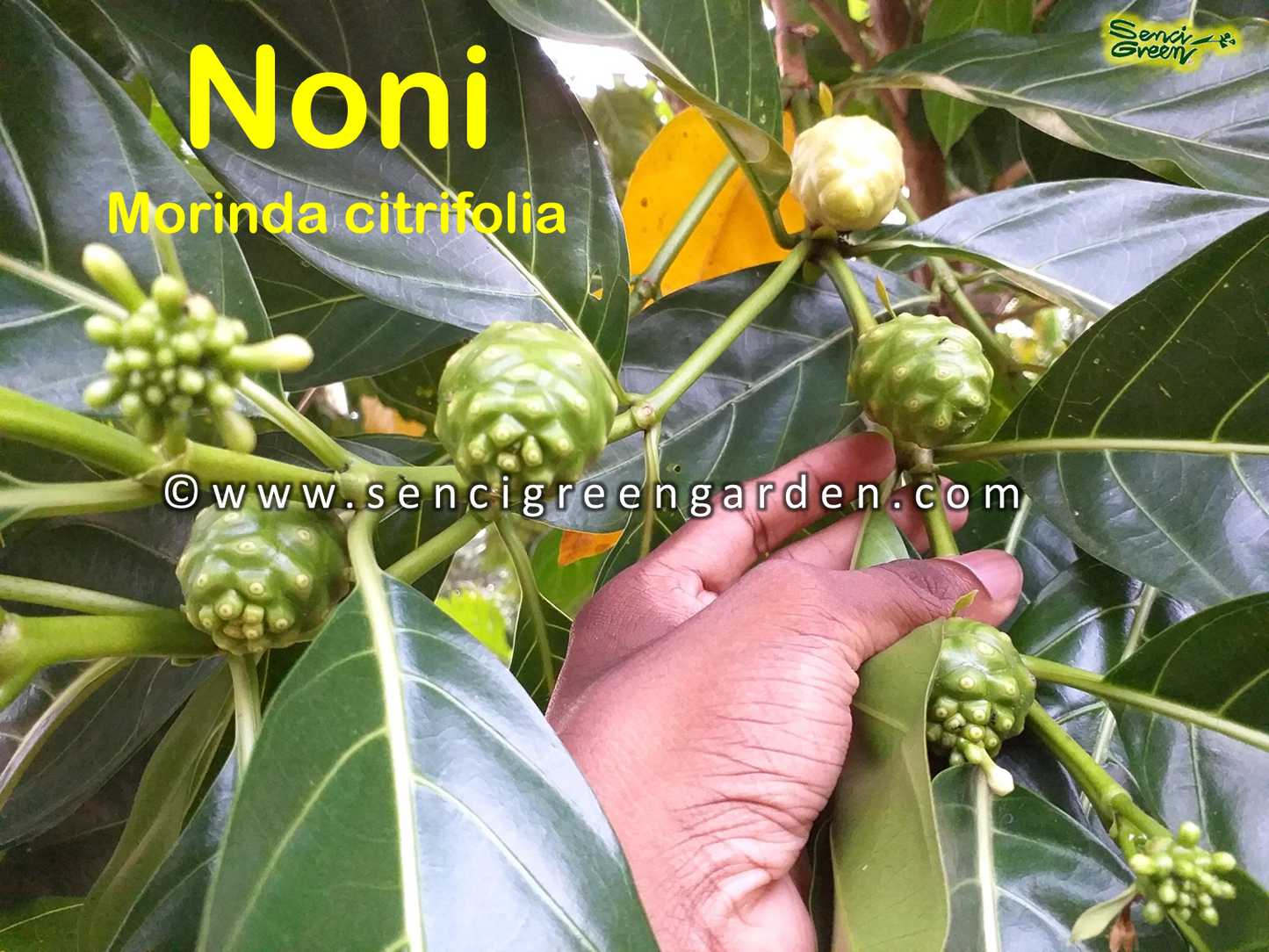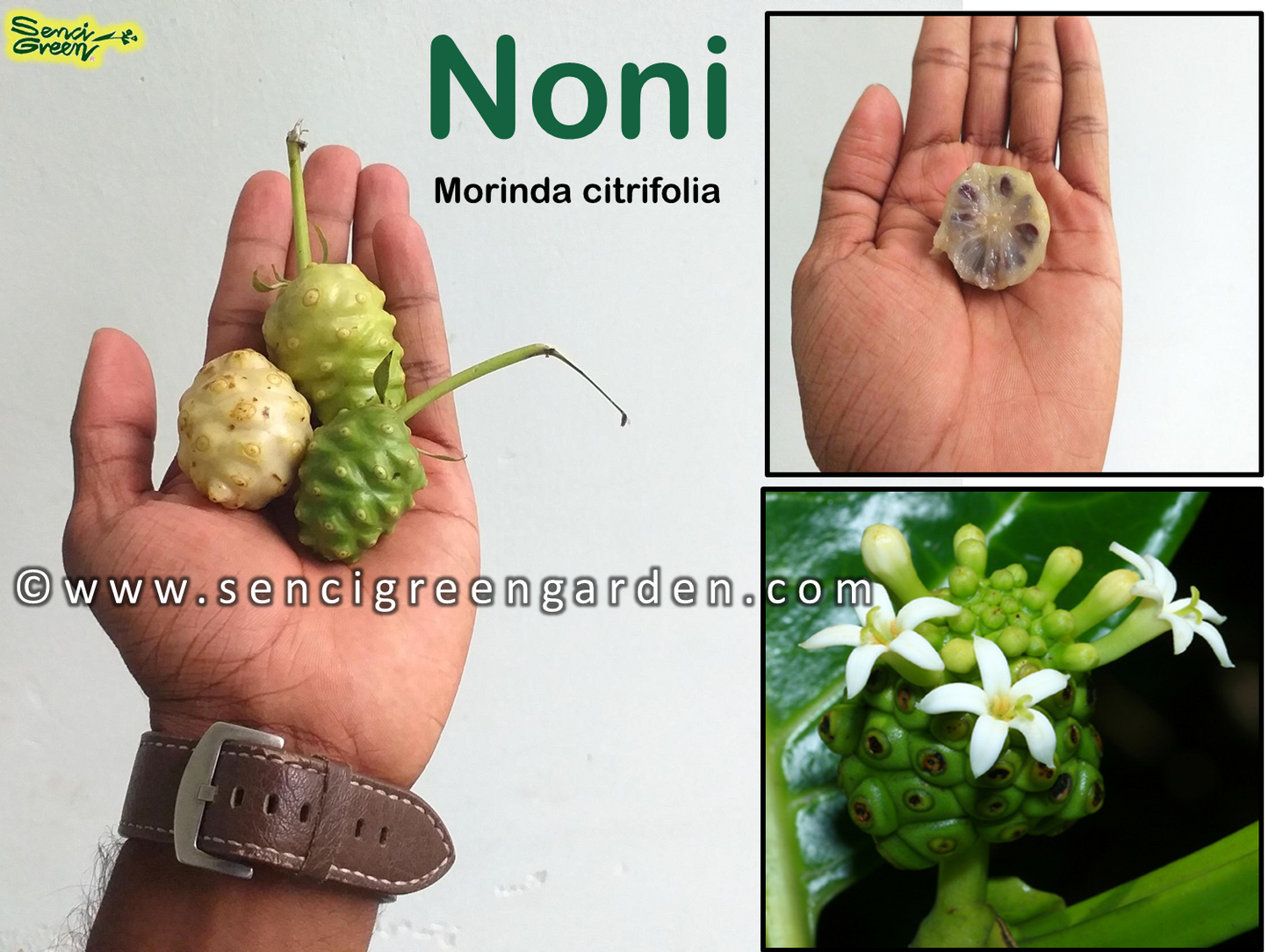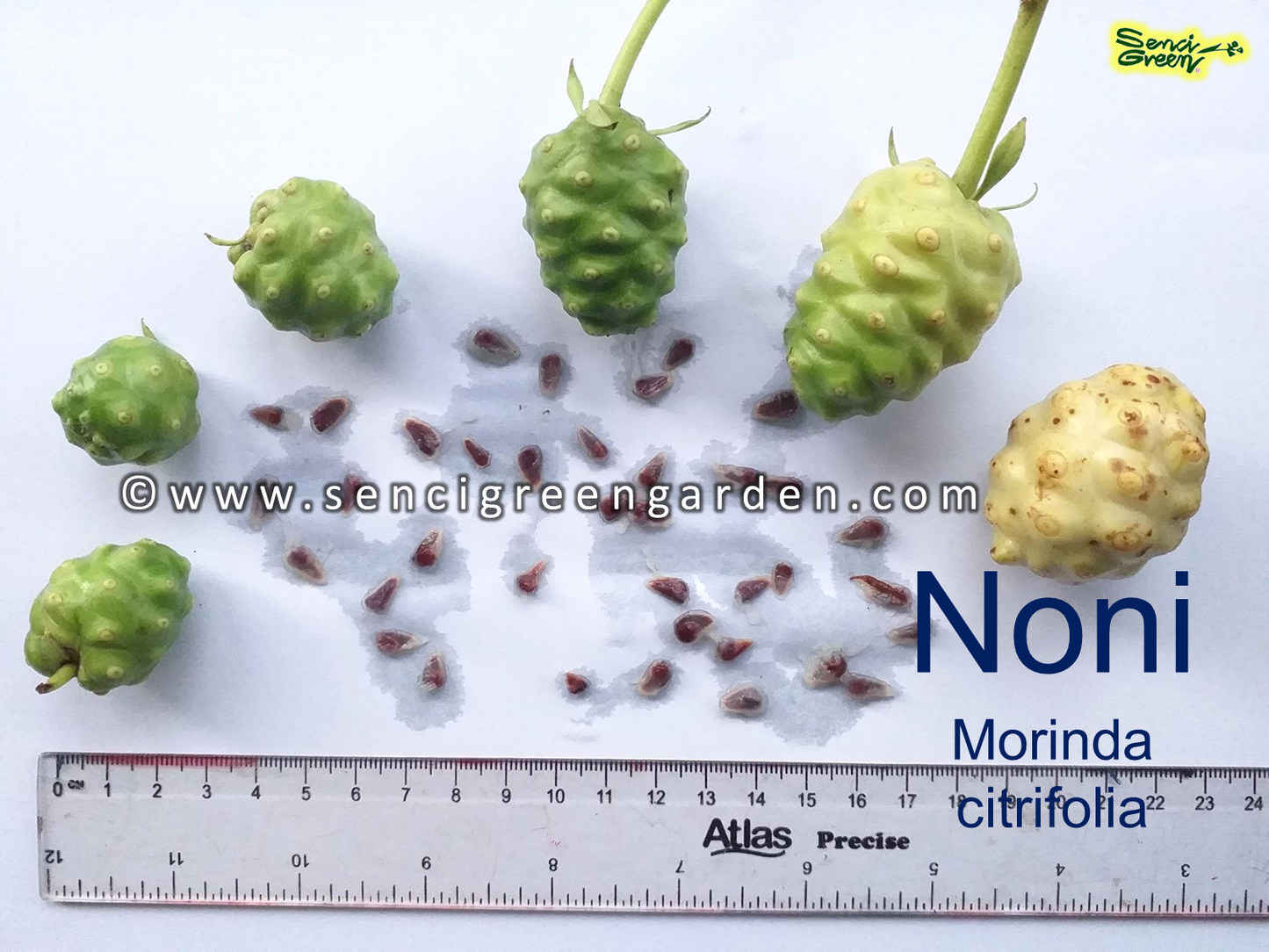Senci Green Garden
Noni Seeds (Morinda citrifolia) 100% fresh fruit x25 seeds
Noni Seeds (Morinda citrifolia) 100% fresh fruit x25 seeds
Couldn't load pickup availability
NONI - Morinda citrifolia
Seeds Quantity : 25 Seeds
Noni is a small evergreen tree in the Pacific Islands, Southeast Asia, Australia, and India that often grows among lava flows. Historically, noni was used to make a red or yellow dye for clothing. It was also used as medicine, usually applied to the skin.
Today, noni fruit, leaves, flowers, stems, bark, and roots are still used to make medicine for a long list of ailments. However, the effectiveness of noni for these uses has not been proven. The FDA has issued multiple warnings to noni manufacturers about health claims that aren't supported by research.
People take noni by mouth or drink the fruit juice to prevent cancer, prevent infections, treat high blood pressure, and many other conditions, but there is no good scientific evidence to support these uses.
The leaves have been used for arthritis, headache or skin problems by applying the leaves to the affected area.
In foods, the fruits, leaves, roots, seeds, and bark are eaten.
How does it work?
Noni contains many substances, including potassium. Some of these substances might help repair damaged cells in the body, activate the immune system, and have other activities.
Insufficient Evidence for
Cancer. Early research suggests that taking 6-8 grams of noni daily might improve physical function, fatigue, and pain in people with advanced cancer. However, noni does not seem to reduce tumor size.
Age-related spinal damage (cervical spondylosis).
Early research suggests that taking noni juice while participating in physiotherapy for 4 weeks can reduce neck pain and improve neck flexibility compared to physiotherapy alone. However, treatment with physiotherapy alone seems to relive pain and improve flexibility better than noni juice alone.
Exercise performance.
Early research suggests that drinking a juice containing noni, grapefruit, and blackberry juices for 21 days can increase exercise endurance in distance runners.
Hearing loss.
Early research suggests that drinking 4 ounces of noni juice daily for 3 months does not improve hearing in hearing-impaired women.
High blood pressure. Early research suggests that drinking 4 ounces of a specific noni juice (Tahitian Noni Juice) daily for one month can reduce blood pressure in people with high blood pressure.
An infection of parasites on the skin (leishmaniasis).
Early research suggests applying an ointment to the skin that contains noni stem might reduce some of the skin symptoms of leishmaniasis.
Osteoarthritis.
Early research suggests that drinking 3 ounces of a specific noni juice (Tahitian Noni Juice) daily for 90 days can reduce the need for pain relievers and improve quality of life in people with osteoarthritis.
Nausea and vomiting after surgery.
Noni fruit might reduce nausea. Some research shows that it reduces nausea after surgery. However, it does not appear to affect vomiting.
Infections of the kidney, bladder, or urethra (urinary tract infections or UTIs).
Early research in women shows that taking antibiotics along with noni extract, d-mannose, and N-acetylcysteine for up to 6 months might reduce the risk of a bladder infection and improve symptoms better than taking antibiotics alone. It is not clear if this effect is from noni or the other ingredients.
Asthma.
Colds.
Colic.
Constipation.
Cough.
Depression.
Diabetes.
Digestion problems.
Enlarged spleen.
Eye cataracts.
Fever.
Heart trouble.
Infections.
Kidney disorders.
Liver problems.
Menstrual problems.
Migraine.
Pain.
Reducing signs of aging.
Seizures.
Smallpox.
Stomach ulcers.
Swelling.
Stroke.
Urinary problems.
Vaginal discharge.
Other conditions.
Side Effects & Safety
Noni is POSSIBLY SAFE when the fruit is consumed as food. However, there is concern that taking noni in medicinal amounts is POSSIBLY UNSAFE. Noni tea or juice might cause liver damage in some people. There are several reports of liver damage in people who drank noni tea or juice for several weeks. However, it is not known for certain if noni was the cause.
Special Precautions & Warnings:
Pregnancy and breast-feeding: Do not take noni if you are pregnant. Historically, noni has been used to cause abortions. It is also best to avoid noni if you are breast-feeding. Not enough is known about the safety of taking noni during breast-feeding.
Kidney problems: Noni contains large amounts of potassium. This can be a problem, especially for people with kidney disease. There is one report of a person with kidney disease developing high levels of potassium in the blood after drinking noni juice. Don’t use noni if you have kidney problems.
High potassium levels: Drinking noni fruit juice might increase potassium levels and make them even higher in people with already too much potassium in their body.
Liver disease: Noni has been linked to several cases of liver damage. Avoid using noni if you have liver disease.
Share
